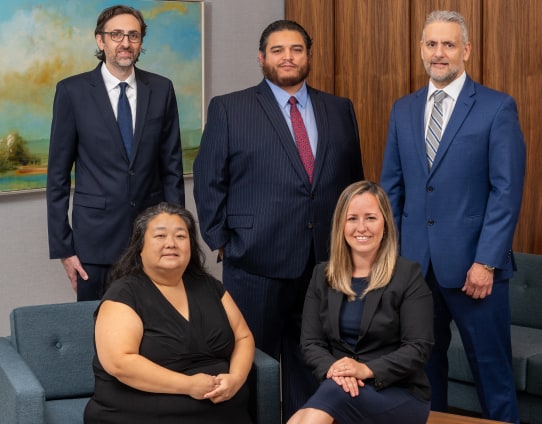Our Blog
Get Your Free Consultation Now
Get Your Free
Consultation Now
Consultation Now
Consultation
Popular Blog Posts
Posted on: December 17, 2012 you or a loved one have become injured in a…
Keep Reading
Please note: the following is not legal advice. Do not assume the facts herein apply…
Keep Reading
When you eat out at a restaurant, you’re, in most cases, at the mercy of…
Keep Reading
Popular Blog Posts
Posted on: December 17, 2012 you or a loved one have become injured in a…
Keep Reading
Please note: the following is not legal advice. Do not assume the facts herein apply…
Keep Reading
When you eat out at a restaurant, you’re, in most cases, at the mercy of…
Keep Reading
Service Area
from Baltimore, Maryland to Northern Virginia you can count on us to stand up for you.
Give us a Call:
Arlington County
Clark County
Fairfax County
Fauquier County
Fredericksburg County
Loudoun County
Prince William County
Annandale
Centreville
Dale City
Dumfries
Leesburg
Reston
Springfield
Tyson’s Corner
Vienna
Woodbridge
Anne Arundel
Baltimore City
Baltimore County
Carroll County
Frederick County
Harford County
Howard County
Prince George’s County
Montgomery County
Annapolis
Arbutus
Baltimore
Bel Air
Bethesda
Bowie
Cambridge
Catonsville
Centreville
Columbia
Dundalk
Easton
Ellicott City
Essex
Ferndale
Frederick
Ft. Meade
Gaithersburg
Germantown
Glen Burnie
Greenbelt
Hanover
Hyattsville
Laurel
Linthicum
Ocean City
Olney
Owings Mills
Pasadena
Randallstown
Rockville
Salisbury
Severn
Silver Spring
Takoma Park
Towson


